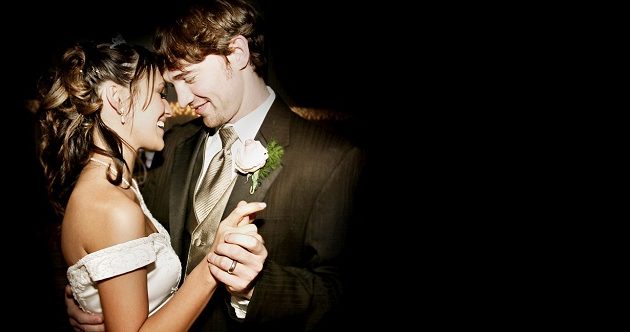Traditional Marriage: A Most Perfect Union
Opponents of traditional marriage try to equate any union as a perfect one. Two recent studies prove them wrong. The Daily Signal’s Leslie Ford reports:
“Those who marry are more satisfied than those who remain single,” claims a new study by the National Bureau of Economic Research.
But does marriage itself influence happiness? Or is it just that happier people are more likely to wed?
This study gives support to the idea that marriage itself contributes to happiness. (In other words, even the grumps that get married may find themselves happier because they are married.) Another finding from the study is that that friendship is a mechanism that may explain the link between marriage and life satisfaction. In fact, those who see their spouse as their best friend benefit even more from marriage.
Joe Miller in a column titled “New Research on Same-Sex Households Overwhelmingly Shows Kids Do Best With Mom and Dad” reports:
A new study published in the February 2015 issue of the British Journal of Education, Society, and Behavioural Science appears to be the largest yet on the matter of same-sex households and children’s emotional outcomes. It analyzed 512 children of same-sex parents, drawn from a pool of over 207,000 respondents who participated in the (U.S.) National Health Interview Survey (NHIS) at some point between 1997 and 2013.
Results reveal that, on eight out of twelve psychometric measures, the risk of clinical emotional problems, developmental problems, or use of mental health treatment services is nearly double among those with same-sex parents when contrasted with children of opposite-sex parents. The estimate of serious child emotional problems in children with same-sex parents is 17 percent, compared with 7 percent among opposite-sex parents, after adjusting for age, race, gender, and parent’s education and income. Rates of ADHD were higher as well—15.5 compared to 7.1 percent. The same is true for learning disabilities: 14.1 vs. 8 percent.
[ … ]
Vocal critics, soon to emerge, will likely home in on the explanatory mechanism—the fact that two mothers or two fathers can’t possibly both enjoy a biological connection to a child—in suggesting the results of the study reveal nothing of value about same-sex households with children. On the contrary, the study reveals a great deal. Namely, there is no equivalent replacement for the enduring gift to a child that a married biological mother and father offer. It’s no guarantee of success. It’s not always possible. But the odds of emotional struggle at least double without it. Some critics might attribute the emotional health differences to the realities of “adoption by strangers,” but the vast majority of same-sex couples in the NHIS exhibited one parent with a biological relationship with the child. [Emphasis added]
Even research on “planned” same-sex families—those created using assisted reproductive technology (ART)—reveals the significance of biological ties. (Read more about the research on the same-sex households HERE)
Traditional marriage, defined as between one man and one woman, is here to stay. Why? Because it is a most perfect union.
RELATED ARTICLES:
Apple Fires Employee on Same Day He Was Targeted For His Pro-Family Stand
First Open Homosexual Chosen for Pentagon Chief of Staff; Ban on Transvestites to be Lifted


